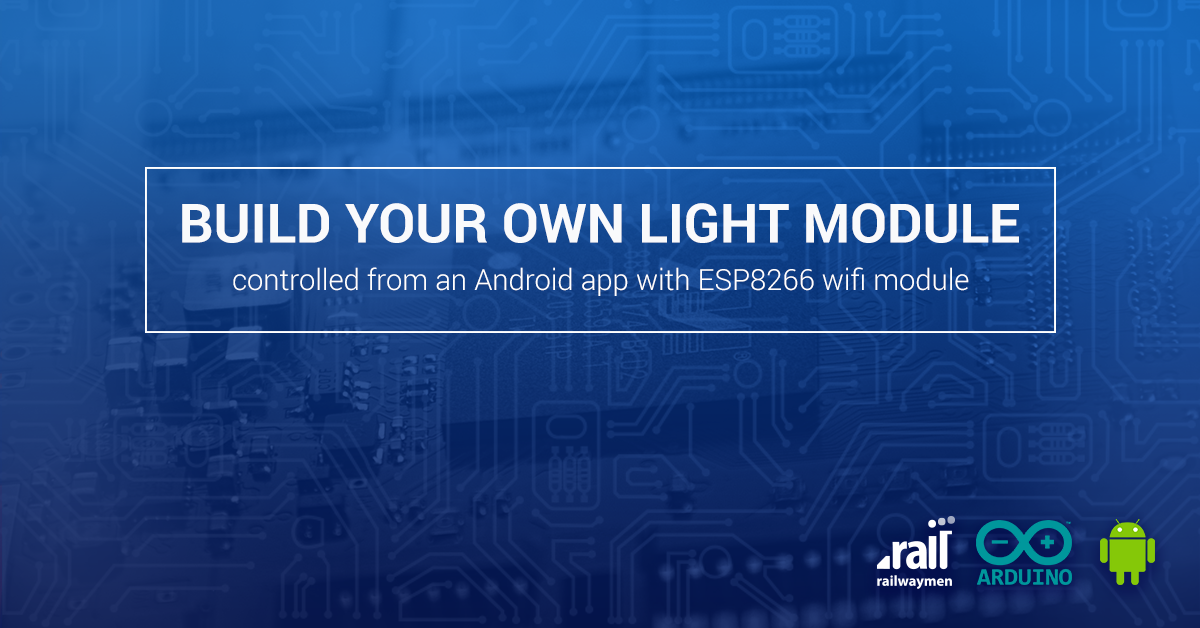Creating mobile apps that communicate with the Internet does not seem to be a great challenge any more. However, apart from pushing and pulling data from web and displaying it to the user, our apps can do much more!
Table of Contents:
Internet of Things
As smart home assistants, like Google Home or Amazon Echo, are gaining popularity, on the market there appear more and more components that enable us to build our own DIY IoT devices. Most of them already have some communication interface, or a dedicated app.
But with a little more effort and knowledge, you can build your own IoT device using simple cheap electronic modules and components.
The best option to start your adventure with IoT is to follow a well-written tutorial. Fortunately, I wrote one :)
With the Internet of Things Closer Than Ever ebook, you will build your first IoT light module controlled with an Android App.
The light module is build on the ESP8266-12E WiFi module (cheap and very popular component that can be used in many devices), and Adafruit Neopixel 8 LED strip.
E-book
In the ebook we will go through all the needed components, the configuration process, and writing apps both for Android device and ESP module. You will also find many pictures and schemas to make sure that you connected everything properly, and all the needed source code with comments, in case you got confused.
Moreover, if you have any questions about the project, let us know, and we will do everything to help you. Give it a try, and build your first IoT device with us!




